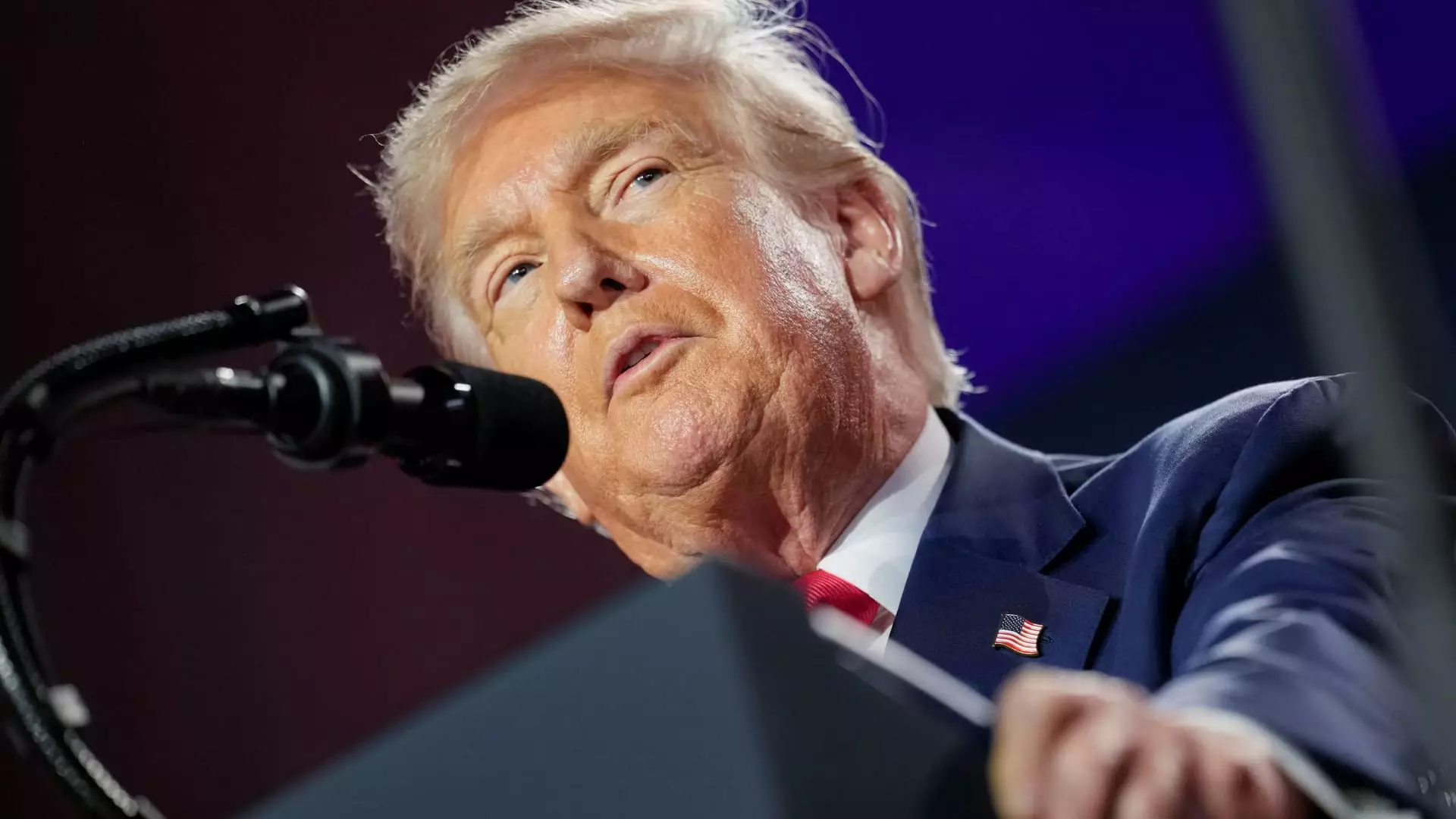In the realm of modern economics, there’s an increasing tendency to see central banks, particularly institutions like the Federal Reserve, as the ultimate arbiters of national prosperity. This misguided faith in their independence and infallibility perpetuates a false narrative: that manipulating interest rates or overseeing monumental building projects can steer the economic ship through calm and storm. However, this belief often obscures the reality that such institutions are pawns in a broader political game, manipulated by powerful elites rather than acting as neutral guardians of economic stability. The recent spectacle of President Trump lambasting the Fed and its chairman exemplifies this dangerous myth — undermining the very foundation of democratic accountability and transparency.
The Myth of Autonomy and the Power of Political Pressure
The unprecedented appearance of a sitting president at the Federal Reserve underscores a critical issue: the myth that the Fed operates independently from political influence. In truth, central banks like the Fed are subject to political pressures, and their independence is often more a legal veneer than a practical shield. Trump’s recent tour and aggressive rhetoric are stark reminders that, regardless of legal protections, the institution is vulnerable to political meddling. This interference not only destabilizes the institution but also breeds public distrust in the financial system. When political figures seek to push their agendas through threats of ‘firing’ or scrutinizing infrastructure projects, they undermine the credibility essential for effective monetary policy. The danger lies in politicizing what should be a technocratic body, risking market volatility and erosion of trust among both investors and ordinary citizens.
The Fallacy of Interest Rate Manipulation as a Cure-All
President Trump’s call for lower interest rates, and his framing of it as a solution to national debt issues, reveals a fundamental misunderstanding of economic management. While slashing interest rates may offer short-term relief or political wins, it ignores the broader consequences. Artificially manipulating rates can inflate asset bubbles, distort investment signals, and ultimately lead to greater instability. Moreover, the repeated accusations of incompetence aimed at Powell distract from a deeper truth: the limits of monetary policy in addressing systemic economic woes. The relentless focus on rate cuts overlooks structural issues like income inequality, corporate greed, and an underfunded social safety net — issues that never get tackled when the debate is reduced to interest rates and infrastructure overspending.
The Political Trolls and Their Disregard for Democratic Norms
What is most alarming is the increasing tendency for political figures to use public institutions like the Fed as political punching bags. Trump’s visit to the Fed, complete with threats and accusations, exemplifies a disturbing trend where economic policy and governance are weaponized for personal or partisan ends. This behavior not only jeopardizes the independence of financial institutions but also sets a dangerous precedent: that leadership can be shaped by populist outrage rather than expert analysis. It erodes the principles of democratic oversight, where independent bodies should serve to temper political passions with sober judgment. In reality, such actions diminish the capacity of the Fed to execute long-term monetary policy, ultimately harming the economy’s resilience.
A healthy economy depends on a balanced relationship between political oversight and institutional independence. However, recent developments suggest that some leaders prefer to distort this balance for short-term gains, disregarding the long-term impact on democracy and economic stability. Challenging the myth that central banks are mere tools to be wielded at will is an essential step towards a more accountable and stable financial system. Recognizing the complexities and limitations of monetary policy, while respecting the importance of responsible governance, can help navigate beyond populist temptations and toward a more equitable economic future. The current climate demands critical scrutiny of those who would manipulate economic institutions for narrow political ends — for to do otherwise is to risk irreversible damage to the transparency and integrity of our financial foundations.



Leave a Reply